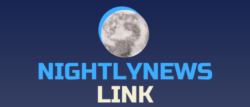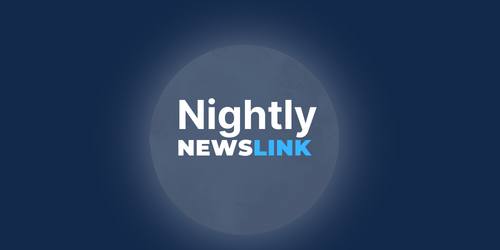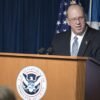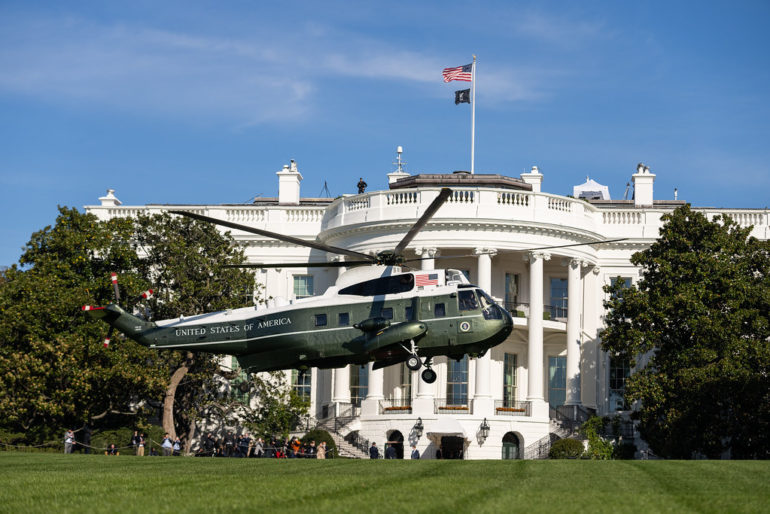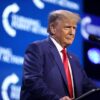White House Press Secretary Karoline Leavitt confirmed Wednesday that some press access within the executive mansion has been restricted after staff discovered reporters engaging in unauthorized recording of internal communications.
Leavitt appeared on the Pod Force One podcast with Miranda Devine to explain the changes, specifically citing new limitations on entry to the press secretary’s Upper Press office. While reporters previously enjoyed free access, the office now requires appointments to prevent what she described as inappropriate conduct.
“We have taken over the responsibilities of the National Security Council, thanks to the restructuring of Secretary [Marco] Rubio when he became National Security Advisor. Steven Cheung and I are responsible for all communications matters, including national security,” Leavitt said. “So we felt it became very inappropriate for reporters to be loitering around sensitive information in our offices. And we did, unfortunately, catch some unruly reporters recording us without our permission, listening in on conversations, eavesdropping.”
Leavitt elaborated that the behavior extended to routine staff meetings, which reporters had been attempting to monitor surreptitiously. “We would have staff meetings in the morning. Some of the reporters started to pick up on that, and they would be out there trying to listen,” she said.
In addition to the recordings, Leavitt cited incidents in which Secretary Rubio faced interruptions from reporters during briefings. “If Secretary Rubio or the chief want to come in and brief us on something, you’d have reporters out there heckling them, and it just became an inappropriate work environment,” she noted.
The press secretary emphasized that the new rules are intended to balance transparency with security, particularly given the sensitive nature of discussions now handled by her office. By restricting unmonitored access, staff can conduct their work without fear of unapproved recordings or disruptions.
Leavitt acknowledged that the decision has drawn criticism from some reporters, but she said others have expressed support, provided that the appointment system ensures fair access. “I give them as much time as I possibly can on my schedule,” she said. “Although a lot of my time is with the president and in the Oval Office and sitting in on meetings. So I try to devote as much time as I can to the press because that is my job, right?”
The press secretary’s comments highlight ongoing tensions between the White House and some media outlets over access and reporting practices. While reporters play a critical role in informing the public, Leavitt argued that boundaries are necessary when coverage intersects with sensitive national security matters and internal communications.
By requiring appointments, the White House intends to maintain accountability and order in areas where information of critical importance is routinely discussed. According to Leavitt, the policy is not meant to obstruct coverage, but to safeguard both staff and high-level officials from surveillance or interference that could disrupt official operations.
As the administration continues to implement these measures, Leavitt said she is working to ensure reporters still receive timely briefings while preventing unauthorized activities. The new access protocol reflects a broader effort to modernize communications operations and uphold professional standards within the White House press offices.
[READ MORE: At U.N. Panel, Nicki Minaj Calls for Urgent Action on Nigeria’s Persecuted Christians]
